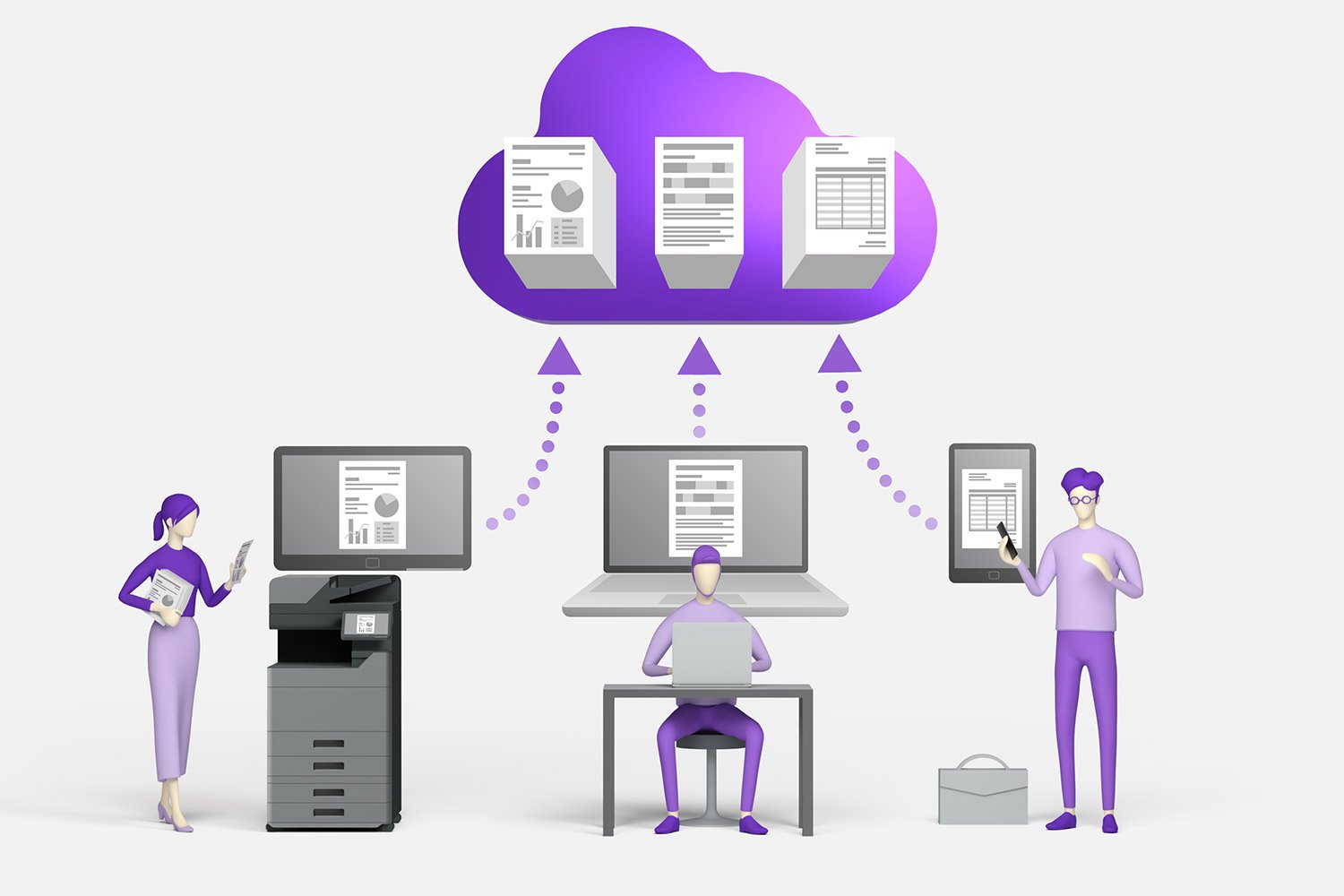In current years, the legal industry has been witnessing a transformative shift pushed via technological improvements. Among those improvements, blockchain generation has emerged as a game-changer, supplying the extraordinary capability to enhance diverse components of legal operations. One region in which blockchain is poised to make a considerable effect is in Contract Lifecycle Management (CLM). By integrating blockchain into CLM, law operations can acquire greater efficiency, transparency, and security.
Understanding Blockchain Technology
Blockchain is a decentralized ledger era that statistics transactions across more than one computer in a way that guarantees statistics integrity and protection. Each transaction is added to a block and related to the previous block, forming a sequence. This shape makes it almost impossible to regulate any statistics as soon as it has been recorded, imparting a high level of belief and transparency.
Key Features of Blockchain
- Decentralization: Eliminates the need for a government, lowering the chance of facts tampering.
- Transparency:Every transaction is visible to all contributors, ensuring full transparency.
- Immutability: Once a transaction is recorded, it can’t be altered or deleted.
- Security:Cryptographic techniques ensure information is stable and reachable handiest to legal parties.
The Role of CLM in Legal Operations
Contract Software (also known as CLM) is the management of a settlement from inception to execution, performance, renewal, or termination. Effective CLM is critical for legal operations because it allows certain compliance, mitigates risks, and streamlines procedures.
Benefits of CLM
- Risk Mitigation: Identifies and addresses capacity dangers during the settlement lifecycle.
- Compliance: Ensures adherence to regulatory and organizational rules.
- Efficiency: Streamlines contract advent, evaluation, and approval strategies.
- Cost Savings: Reduces administrative prices and improves resource allocation.
Integrating Blockchain with CLM
Integrating blockchain generation into CLM can revolutionize legal operations using providing a sturdy framework for coping with contracts. Here are some methods blockchain can decorate CLM:
Enhanced Security and Integrity
- Immutable Records:Blockchain’s immutability guarantees that agreement statistics cannot be tampered with, supplying a reliable audit trail.
- Data Encryption: Advanced cryptographic techniques defend sensitive contract statistics from unauthorized get right of entry.
Increased Transparency and Trust
- Real-time Updates: All parties involved in the settlement can access actual-time updates, making sure all and sundry are on the identical web page.
- Auditability:Every exchange or replacement to an agreement is recorded and seen to all authorized events, enhancing duty.
Streamlined Processes
- Automated Workflows: Smart contracts, self-executing contracts with the phrases directly written into code, automate diverse CLM strategies, lowering manual intervention.
- Efficient Dispute Resolution:Blockchain provides an obvious and immutable file of agreement phrases and transactions, facilitating quicker dispute decisions.
Practical Applications of Blockchain in CLM
The integration of blockchain into CLM isn’t always simply theoretical; numerous realistic applications show its potential:
Smart Contracts: Smart contracts are one of the most promising packages of blockchain in CLM. These contracts routinely execute predefined moves while sure situations are met. For instance, a charge can be routinely released when a delivery is confirmed. This automation reduces the need for intermediaries and speeds up the contract execution technique.
Decentralized Storage: Blockchain permits a decentralized garage of contract files, ensuring that they’re reachable from anywhere and can’t be altered without authorization. This technique enhances record safety and ensures that each one event has entry to the maximum contemporary model of the contract.
Compliance Management: Blockchain can assist control compliance with the aid of ensuring that everyone’s agreement phrases and conditions are adhered to. Smart contracts can automatically implement compliance necessities, and any deviations may be recorded and flagged for overview.
Fraud Prevention: The transparency and immutability of blockchain information make it less complicated to hit upon and prevent fraudulent sports. Any unauthorized modifications to contract terms or transactions can be quickly diagnosed and addressed.
Challenges and Considerations
While the combination of blockchain in CLM gives numerous advantages, there also are demanding situations and issues to keep in mind:
Scalability: The blockchain era, specifically public blockchains, can face scalability troubles. The time and resources required to method transactions can grow because the quantity of transactions grows.
Legal and Regulatory Compliance: The legal and regulatory panorama for blockchain generation continues to be evolving. Organizations need to make certain that their use of blockchain in CLM complies with relevant laws and policies.
Integration with Existing Systems: Integrating blockchain with present CLM structures can be complex and might require good-sized adjustments to workflows and methods. It is critical to have a clear method and plan for integration.
Embracing Blockchain
The future of law operations lies in leveraging advanced technologies like blockchain to enhance performance, transparency, and safety. By integrating blockchain into Contract Lifecycle Management software programs, legal departments can revolutionize their agreement control tactics. The immutable, obvious, and steady nature of blockchain makes it a great solution for coping with contracts, making sure compliance, and mitigating dangers. As the blockchain era continues to evolve, its position in law operations and CLM is probably to extend, imparting even more possibilities for innovation and improvement.





























